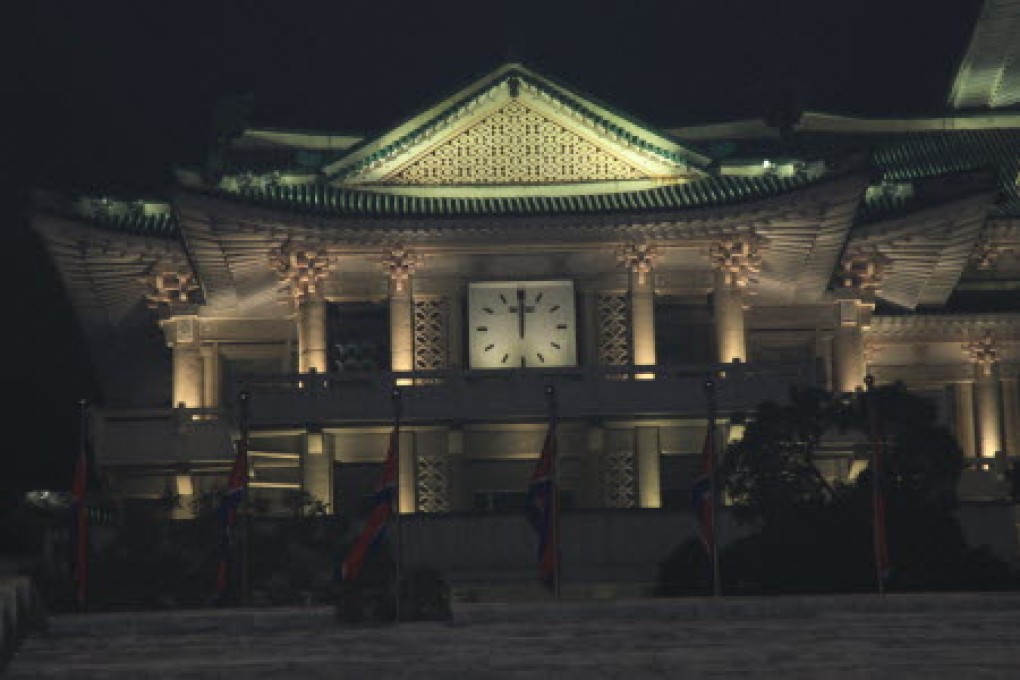North Korea wakes up to 'Pyongyang Time' to break from traces of Japanese colonial rule

North Korea began moving to a new rhythm yesterday as bells, whistles and ships’ sirens sounded a midnight shift to a different time zone and clocks turned back 30 minutes.
The move to “Pyongyang Time” coincided with the 70th anniversary of the Korean peninsula’s 1945 liberation from Japanese colonial rule, and means the two Koreas now operate in different time zones.
The South has criticised the change for placing a fresh obstacle in the path of eventual re-unification, while Pyongyang has mocked Seoul for remaining under the colonial yoke and sticking to the same time zone as Tokyo.
Standard time in pre-colonial Korea had run at GMT+8:30 but was changed to Japan standard time in the early years of the 1910-45 Japanese occupation.
Midnight came twice for North Koreans on Friday night as they set their clocks back half-an-hour, and state television showed men in traditional Korean costume ringing a giant ceremonial bell in celebration.
At the same time, factories, trains and ships across the country sounded their whistles and sirens.